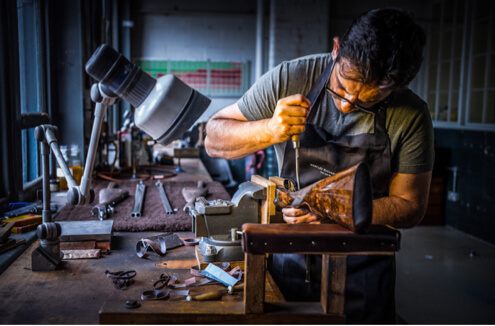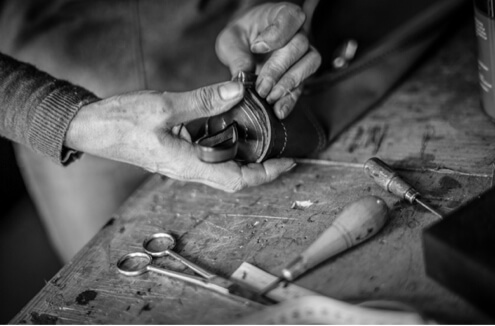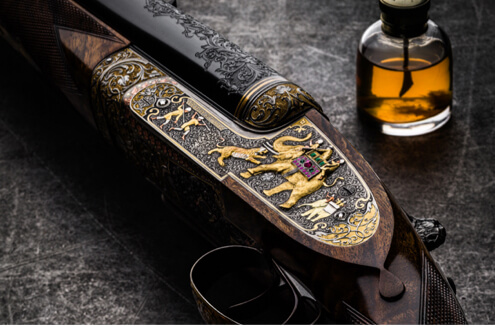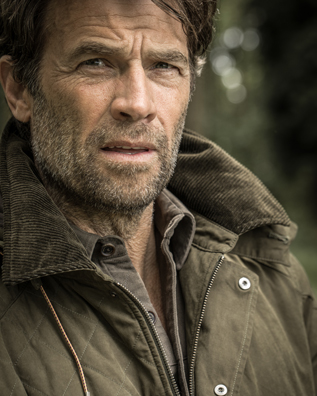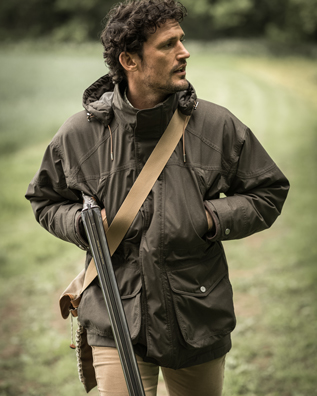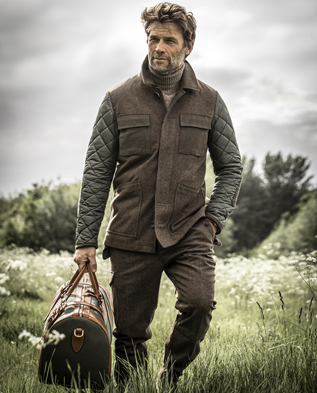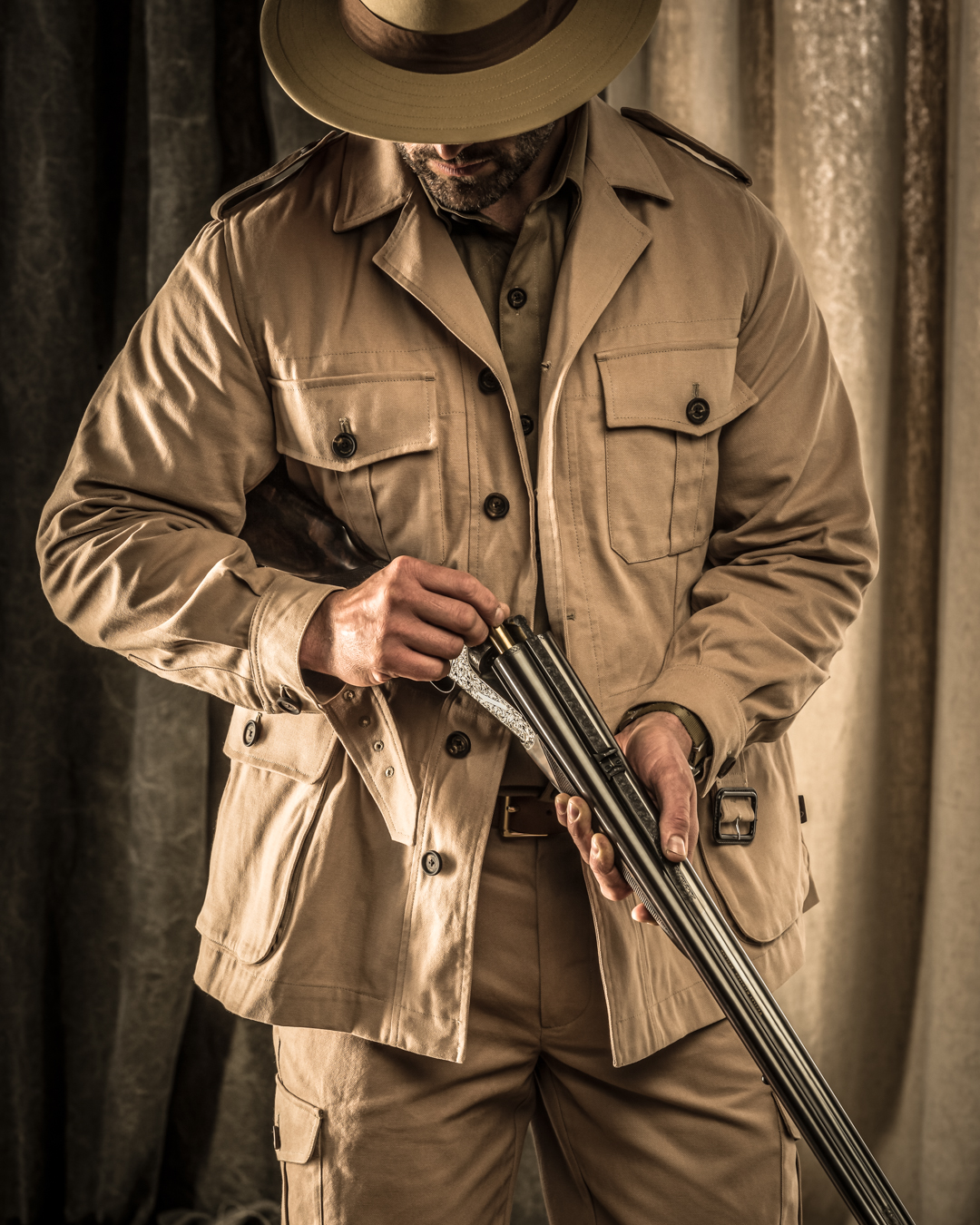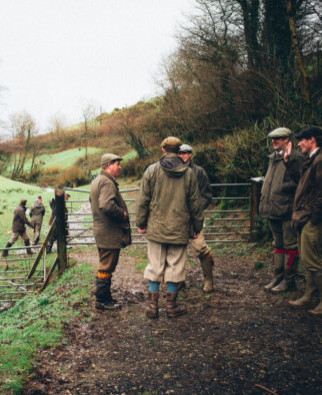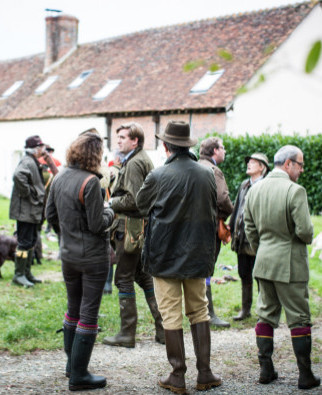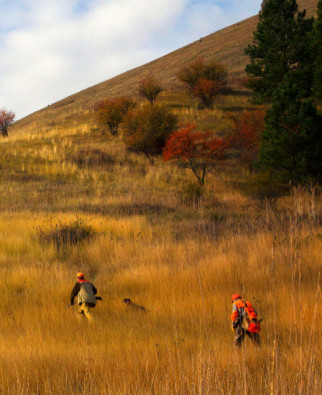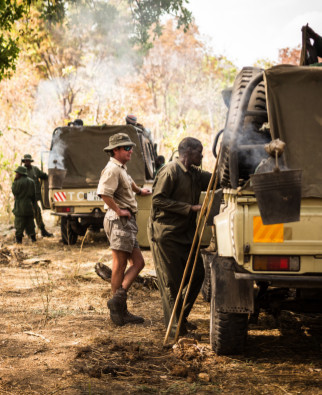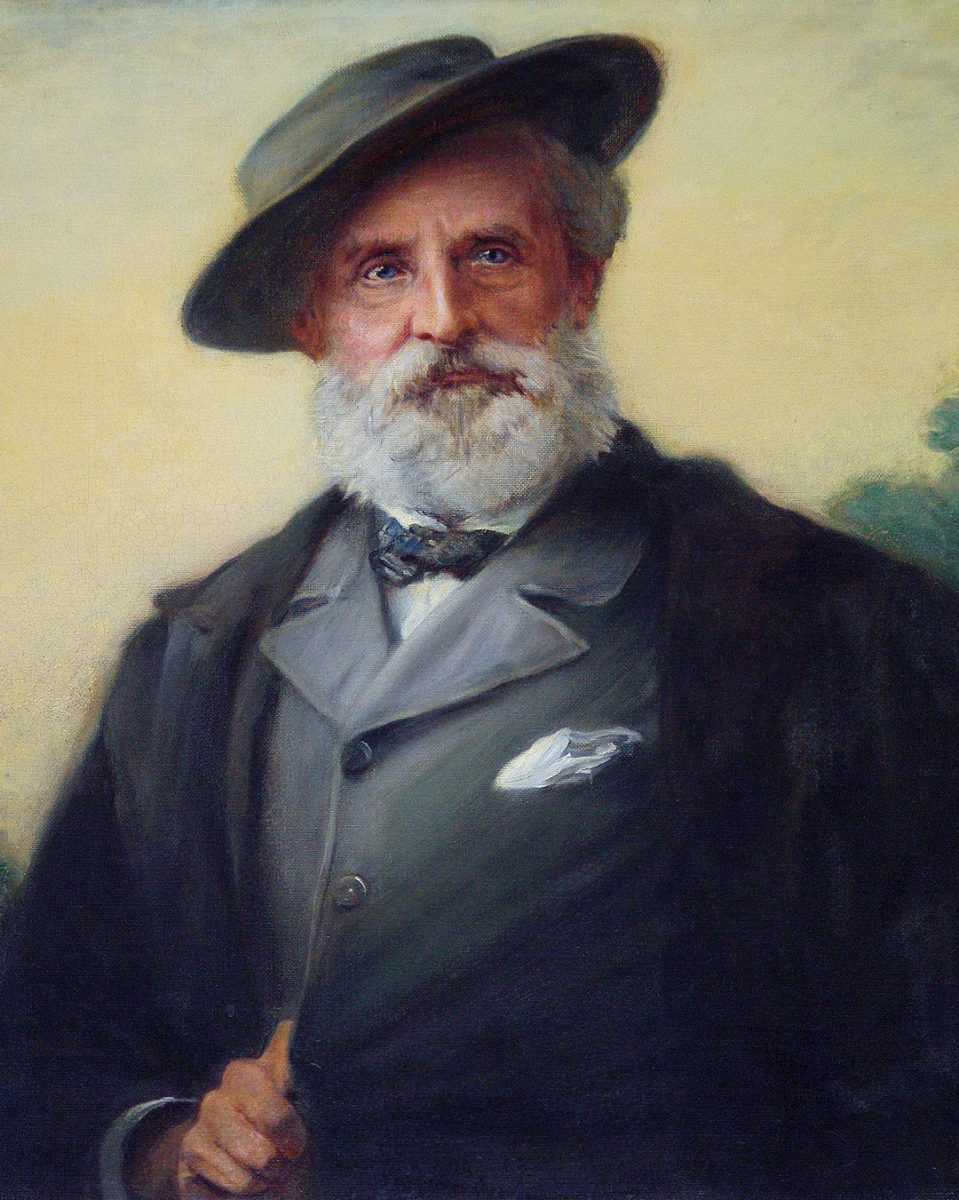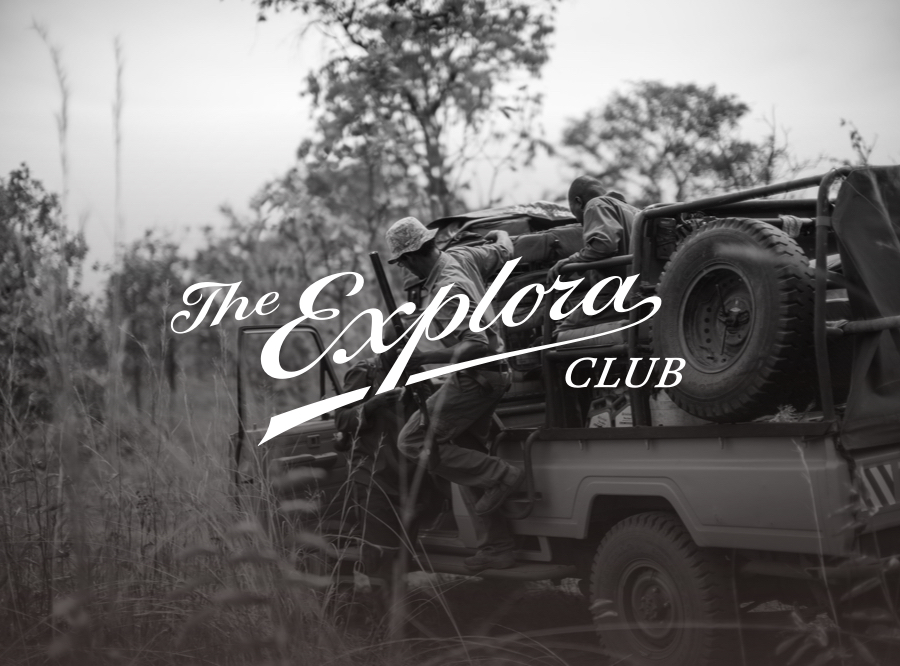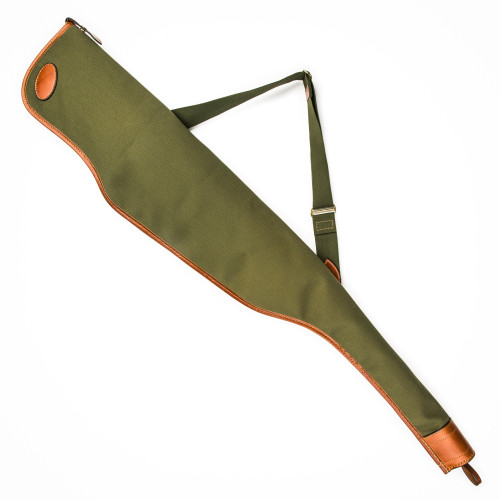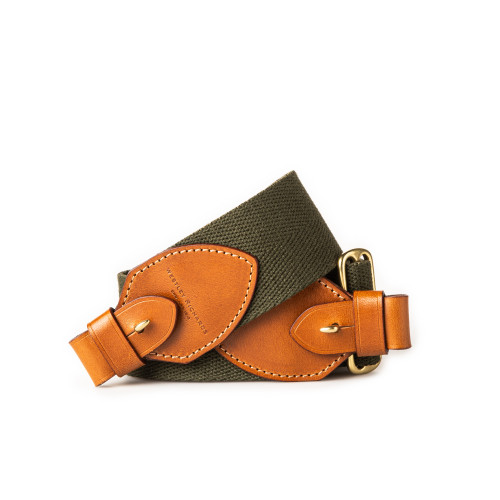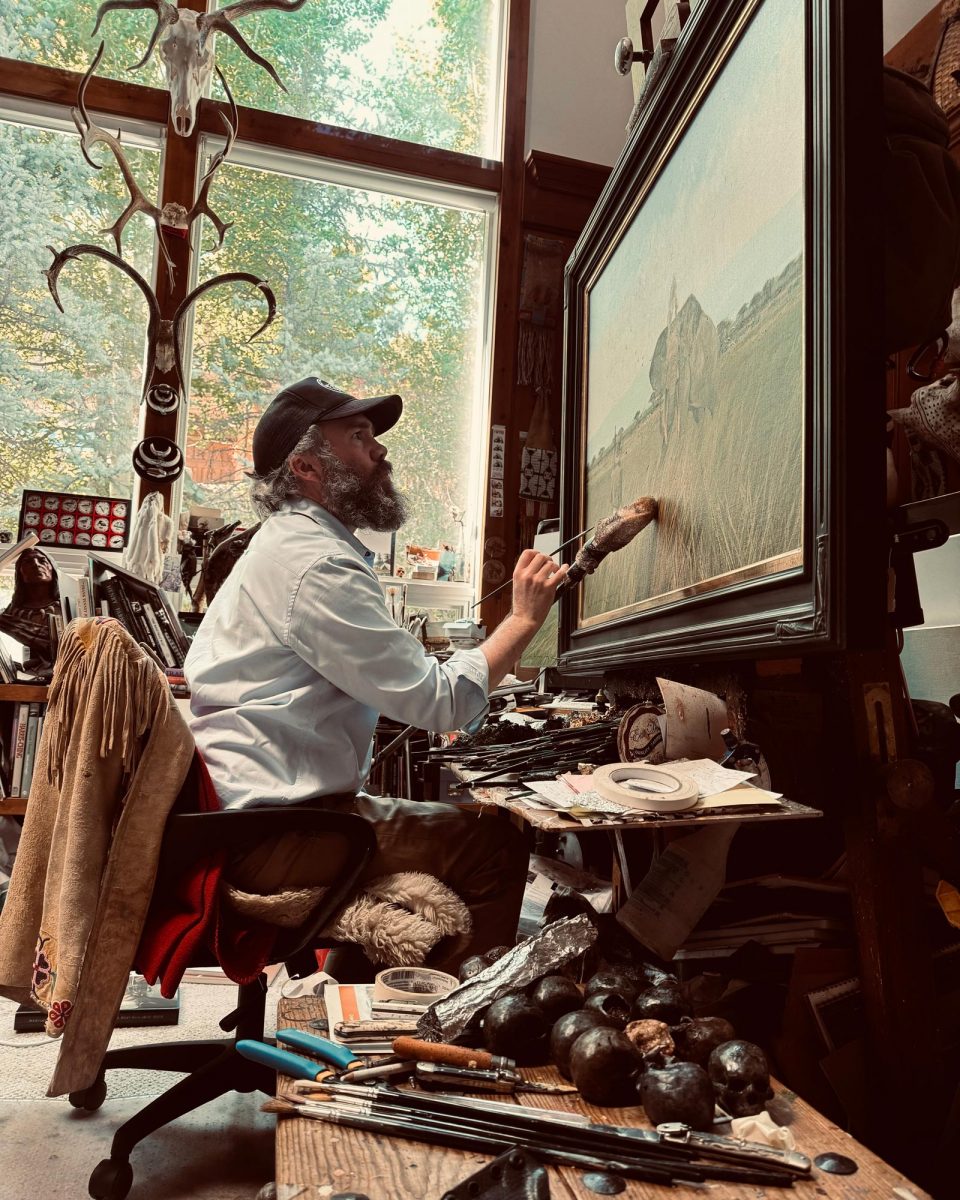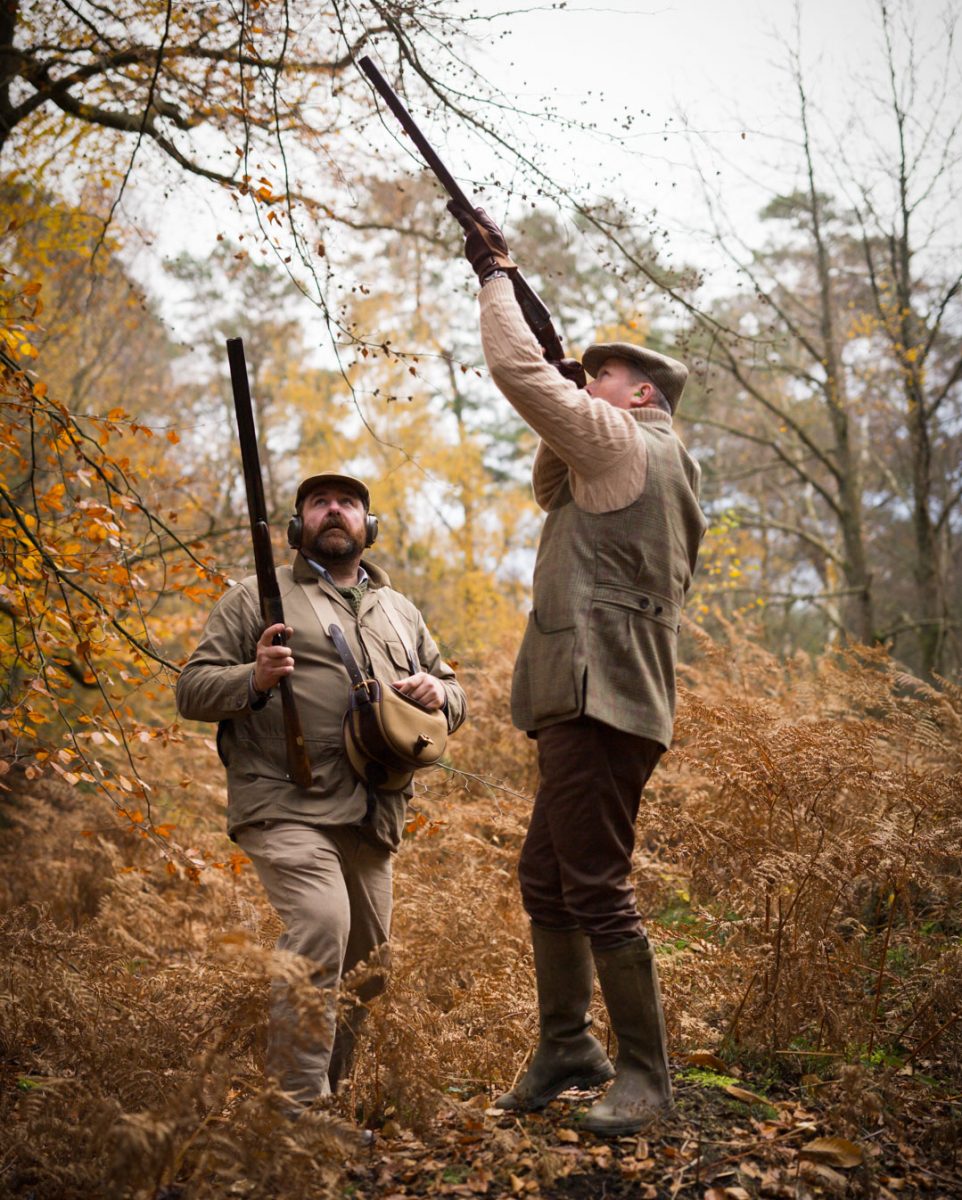He first went to explore the Kalahari desert in Bechuanaland between 1844 and 1855 and then he joined David Livingstone in his expeditions along the Zambezi and they became close friends and companions on these daring journeys – to which Mr Oswell contributed both his own money and his expertise. Livingstone named one of his children after him and described their adventures in detail in Missionary Travels (1858).
Sir Samuel Baker, ‘the White Pasha’, who was Governor General of the Equitorial Nile Basin for the Egyptian government from 1869, wrote of Mr Oswell, that he was “full of fearlessness and kindliness, six feet, sinewy and muscular, with an eagle glance, a first rate horseman, powerful, enduring, the perfection of a Nimrod, without a rival and without an enemy, the greatest hunter ever known in modern times.” Mr Oswell himself recalled how he would be in the saddle for five or six hours a day and especially praised his African servant John, for his support and deeds. He was renowned for his gentlemanly sense of fair play.
African hunters admired Mr Oswell for his courage, as he hunted elephants without dogs, and because he also treated the Africans with great respect and integrity -and never raised his hand against an African servant or hunter. He made his safaris popular with local tribesmen by supplying meat to Africans (at one point hunting elephant for seven weeks to feed the Bakaa tribe whose crops had failed).
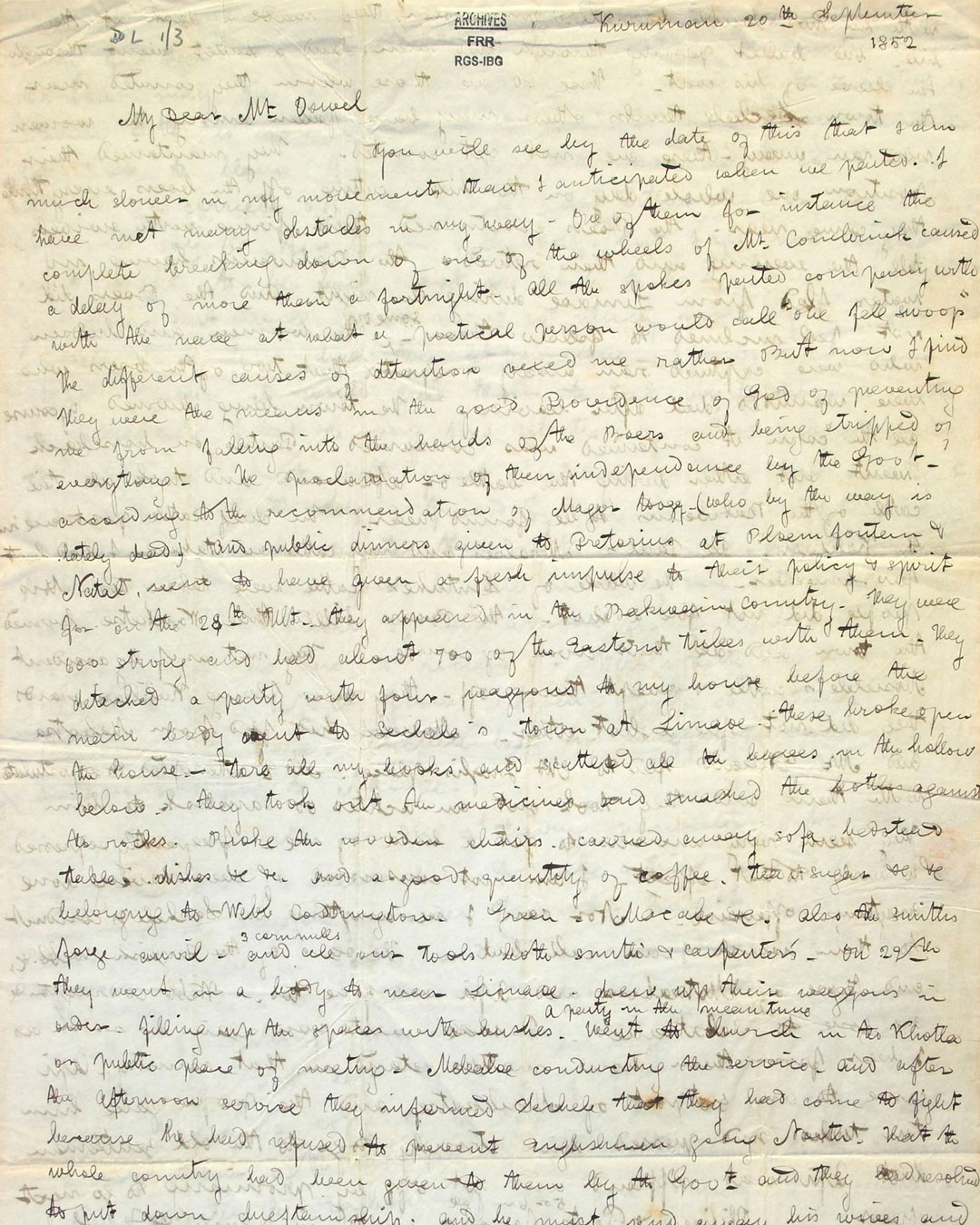 The beginning of a letter to Mr Oswell written by his associate, the explorer and missionary David Livingstone.
The beginning of a letter to Mr Oswell written by his associate, the explorer and missionary David Livingstone.He disapproved of hunting to excess. His greatest pleasure - and the inspiration for his companionship to Livingstone on his expeditions to remote places - was to hunt in places never hunted before. He often personally funded Livingstone’s expeditions for this reason; for instance in 1849, to discover Lake Ngami, he put together an expedition of 20 horses, 80 oxen and supplies for a year to the tune of £600.6 Still in the era of muzzle-loaders, it is known that Mr Oswell carried an extensive armoury which included a 10 gauge double-barrelled Purdey’s smooth bore, which had been made for him in London, as well as a Westley Richards 12 bore, a light rifle and a heavy, single barrelled 8 gauge rifle firing 2 ounce balls. Loading in the saddle was a challenging business in the era of muzzle-loaders. Mr Oswell was especially renowned for firing from a closer range than most hunters and a delay in loading could cost the hunter his life. He was himself twice thrown by rhinoceros that he had not brought down in time.
He left Africa for England in the early 1850s and never returned, serving as a medical officer during the Crimean War. He was assiduously modest about his achievements as a hunter, despite being regarded as one of the leading explorers – huntsmen of the day, and although he kept no journal, his son, William Edward Oswell, published a two volume account of his father’s African days in 1900 based on his letters - William Cotton Oswell, Hunter and Explorer; the story of his Life.
The Explora Blog is the world’s premier online journal for field sports enthusiasts, outdoor adventurers, conservationists and admirers of bespoke gunmaking, fine leather goods and timeless safari clothes. Each month Westley Richards publishes up to 8 blog posts on a range of topics with an avid readership totalling 500,000+ page views per year.
Blog post topics include: Finished custom rifles and bespoke guns leaving the Westley Richards factory; examples of heritage firearms with unique designs and celebrated owners like James Sutherland and Frederick Courtenay Selous; the latest from the company pre-owned guns and rifles collection; interviews with the makers from the gun and leather factory; new season safari wear and country clothing; recent additions to our luxury travel bags and sporting leather goodsrange; time well spent out in the field; latest news in the sporting world; and key international conservation stories.

